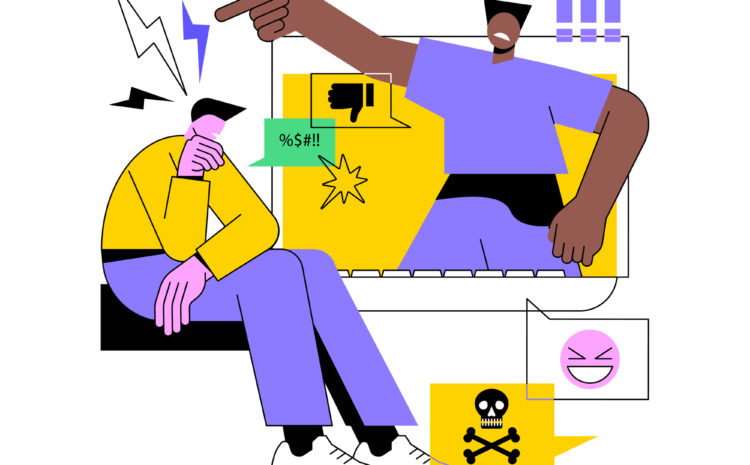
The Supreme Court should remove protections granted to social media companies by section 230 of the Communications Decency Act of 1996. As explained by experienced Texas civil litigation lawyers of Brandy Austin Law Firm, PLLC this has allowed social media companies to wash their hands of the misinformation and hate speech that are on their websites, which have been known to cause harm. In the upcoming case of Gonzalez v. Google LLC the Supreme Court should decide to strike down the protections of section 230 on the basis that hate and terroristic speech is not protected speech and that these companies’ algorithms allow for the dissemination of this type of speech.
First, it is important to understand how section 230 came into existence and how it is currently being perceived outside of the context of this case. In the “1990’s” “Stratton Oakmont, a brokerage firm sued Prodigy Services, an internet service provider, for defamation.” (NYT). A person with access to Prodigy’s message board stated that Stratton had committed “criminal and fraudulent acts”(NYT). The case was taken all the way up to the Supreme Court who sided with Stratton and ruled that because the message was posted on Prodigy’s systems, Prodigy was “a publisher” and responsible for the nature of the post because they moderat[ed] the content on their board (NYT). This means that had Prodigy just left their message board alone they might have won the case.
Two congressmen caught wind of this ruling and were concerned that this loophole would cause internet forums to stop moderating their content, and therefore not block “obscene content”(NYT). This led to the creation of section 230 of the Communication Decency Act. Nowadays politicians on both sides of the aisle, including “Ted Cruz” and “Nancy Pelosi”, say that section 230 should be revisited because of the protections it grants websites even where hate speech or other unprotected speech is concerned.
Most everyone in the world has access to social media and are free to post whatever they want. While this does seem like an improved version of a public square there are limitations that need to be put into place. In the case of Gonzales v. Google LLC, a young woman named “Nohemi Gonzalez” (R) was killed in the Paris terror attacks. Her family is now suing Youtube and it’s parent company Google for damages for “materially supporting terrorism” for allowing videos that the Taliban, the group that claimed responisbility for the attacks, to circulate on the website and for even recommending them to “certain users”(R).
While some say that the argument holds no teeth because of section 230 protections, the Gonzalez family is arguing that these protections put Youtube and Google in direct violation of the “Anti-Terrorism Act.”(R) Youtube should not be allowed to circulate much less recommend videos that include terrorist idealogy, must less videos from the terrorists themselves.
Not to mention, there are also inumerable sources of misinformation on these websites, and instead of taking responsibility for that and working diligently to correct it, these sites are able to continue daily function without accountability because of section 230. This is why the Supreme Court must side with the Gonzalez family in this case so that future attacks are prevented through removal of terrorist ideology and propaganda on these websites.
If the Supreme Court decides against the Gonzalez family in this case, it continues to allow social media websites to spread misinformation and harmful propaganda without consequence. This can simply not be tolerated, section 230 must be struck down in order for these companies to be held accountable for their content and for these websites to be true community spaces where detrimental information is spread.
Citations
Chung, Andrew. “Supreme Court To Scrutinize U.S. Protections for Social Media.”Reuters, 3 October 2022, https://www.reuters.com/legal/supreme-court-scrutinize-us-protections-social-media-2022-10-03/
Wakabayashi, Daisuke. “Legal Shield for Social Media Is Targeted by Lawmakers.” The New York Times, 15 December 2020,https://www.nytimes.com/2020/05/28/business/section-230-internet-speech.html



